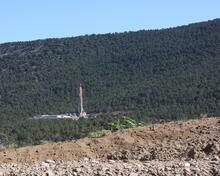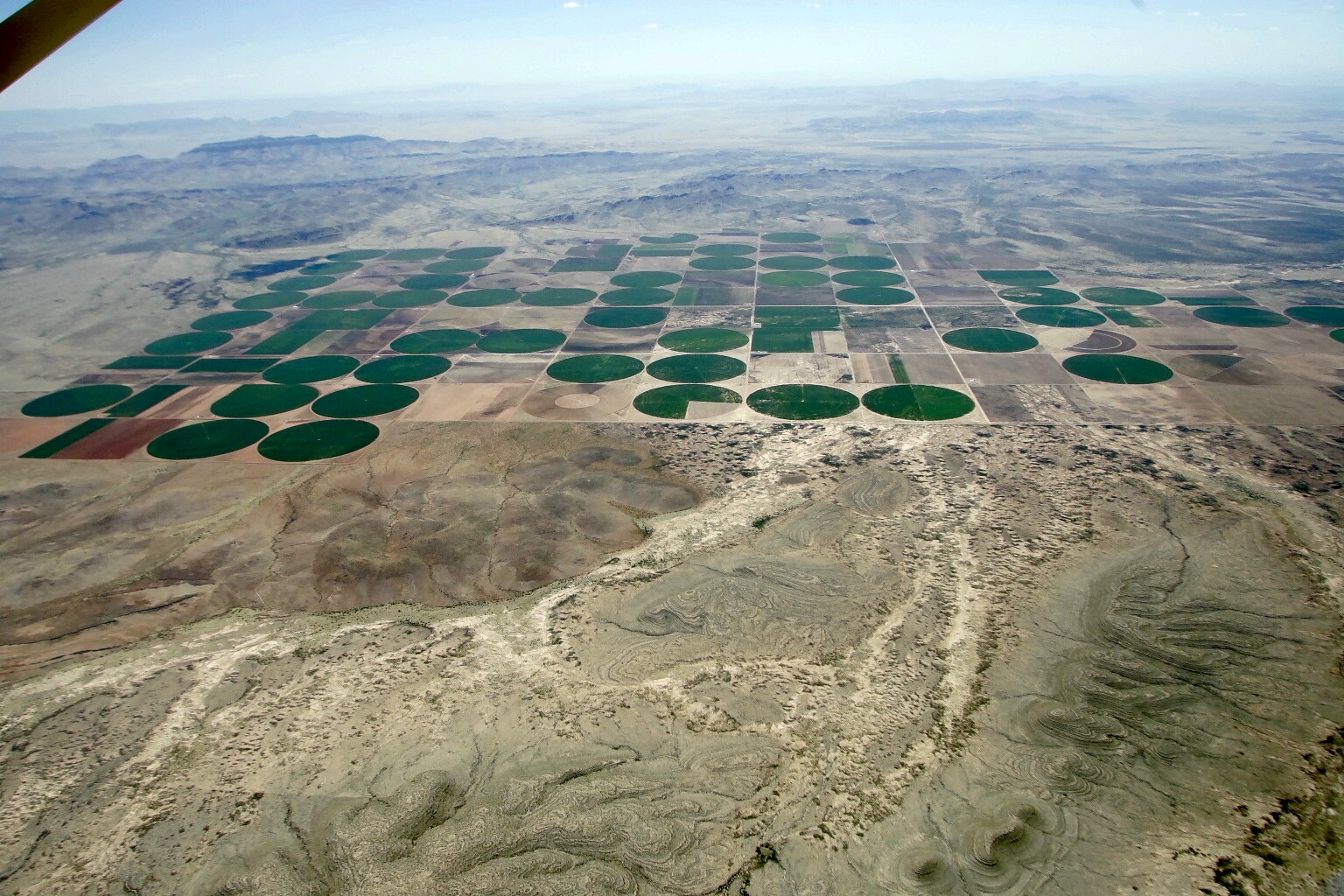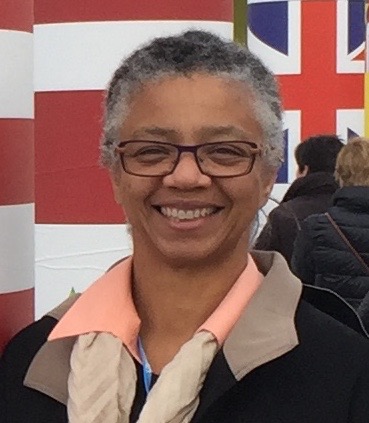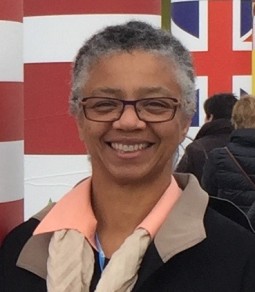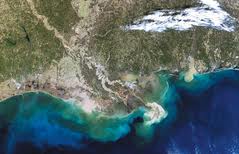
Tackling Climate Change and Science Cutbacks (start time: 7:03) In this week’s show we discuss the ongoing barrage of executive orders by the Trump administration; and the impacts of defunding of federal agencies, scientific research and scientists focusing on climate change and the environment. We also explore how the legal and political landscape, including pushback against the administration’s actions, are shifting. How On Earth host Susan Moran interviews Marc Alessi, a climate scientist at the nonprofit organization Union of Concerned Scientists (UCS); and Delta Merner, a geographer and associate director of the Climate Accountability Campaign at UCS. Dr. Alessi was an organizer of a 5-day event in May with climate scientists and meteorologists in May, called 100 Hours to Save America’s Forecasts. And Dr. Merner is an organizer of a public virtual event on Wednesday, July 16, called “Meeting the Moment Through Climate Litigation” (2:00-3:00 p.m. MDT).
Also on this week’s science calendar, check out this FDA expert panel on menopause and hormone treatment, available livestreamed on the FDA’s YouTube channel. It’ll be held on Thursday, July 17, 11:00 a.m. to 1:00 pm. MDT.
Host/Show Producer: Susan Moran
Engineer: Evan Perkins
Executive Producer: Susan Moran
Headline Contributor: Shelley Schlender
Listen to the show here:
Podcast: Play in new window | Download (Duration: 26:06 — 35.9MB)
Subscribe: RSS



